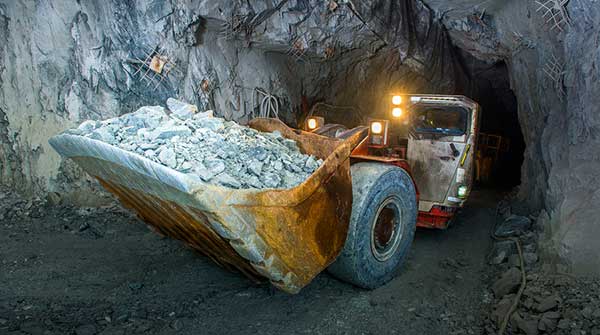Will it align with Manitobans seeking prosperity or with the zero-growth green activists?
 Manitoba Premier Wab Kinew is at a crossroads: he must decide whether to align with Manitobans seeking prosperity or with the zero-growth green activists prevalent in his party. This decision is crucial in shaping Manitoba’s future as a mining leader.
Manitoba Premier Wab Kinew is at a crossroads: he must decide whether to align with Manitobans seeking prosperity or with the zero-growth green activists prevalent in his party. This decision is crucial in shaping Manitoba’s future as a mining leader.
It was not so long ago that Kinew opposed mining development. However, in May 2023, standing in front of a Winnipeg Chamber of Commerce audience, he spoke very positively about Manitoba’s abundant supplies of cobalt, lithium and other critical minerals that the province could and should be developing.
Now, in government, he must back those words with action. At the same time, his government must not support only those mining projects that fit within a “Green” agenda. No province should label some mining as good and some as bad. It must adopt a neutral stance and support mining projects that make good business sense.
 Courtesy Frontier Centre for Public Policy |
| Related Stories |
| Kinew government is facing some harsh realities
|
| Will Manitoba Premier choose the path to Indigenous prosperity?
|
| Surprise surplus gives Manitoba opportunity to balance its books
|
Electric vehicles are great, particularly for suburban owners with garages with chargers, but governments must not naively try to force them on all Canadians and Manitobans. As these vehicles become more popular, demand for critical minerals that EV manufacturers need will increase.
The first test will come with the controversial Sio Silica sand mining proposal. Kinew government officials allege that the former Progressive Conservative government attempted to push through approval of this project three days into the post-election transition period when the outcoming government is not supposed to do anything beyond routine governance matters.
For those unaware, the project involves an Alberta-based mining company drilling thousands of new wells in southeastern Manitoba over the next two decades to extract tens of millions of tonnes of pure silica sand.
Silica sand is a commodity used in producing solar panels, new batteries and semiconductors.
The Kinew government needs to get on with licensing, engaging in necessary Indigenous consultation, and moving the project forward. The Minister of Environment and Climate Change, Tracy Schmidt, must assess the project using clear, evidence-based methods. Local NIMBYism and green zealotry should not defeat this project.
Activists should not exploit unfounded fears over groundwater safety to defeat a project that could create tremendous economic opportunity for Manitobans.
The Kinew government will next be tested over how its protected areas strategy will conflict with this expected critical mineral boom in Manitoba. Already, mining giants from around the world are flocking to Manitoba. The previous government targeted its lands conservation efforts to truly necessary areas. While in opposition, the new government pledged to protect more, meaning more lands off limits to development, meaning less opportunity for Manitobans seeking work.
During its time in opposition, the incoming governing party championed world-class mining standards, emphasizing environmental protection, labour practices, and human rights. This approach aimed to garner mining support within their traditionally non-supportive base. It was a strategic move, given the party’s shift from its blue-collar, working-class roots towards big government urban environmentalism.
However, these “standards” are simply code for excessive regulation and the application of vague project criteria that make mining exploration and investment less likely.
The government must resist picking favourites in mining and adopting expensive subsidies. Instead, it must reduce unnecessary regulations and adopt across-the-board streamlining of licensing and permitting that ensures projects are safe but approved quickly. Mining investors need predictable and stable rules.
If the new government can pass this test, it will grow the economic pie for everyone and ensure mining remains a big part of Manitoba’s future.
Joseph Quesnel is a Senior Research Fellow with the Frontier Centre for Public Policy.
For interview requests, click here.
The opinions expressed by our columnists and contributors are theirs alone and do not inherently or expressly reflect the views of our publication.
© Troy Media
Troy Media is an editorial content provider to media outlets and its own hosted community news outlets across Canada.

